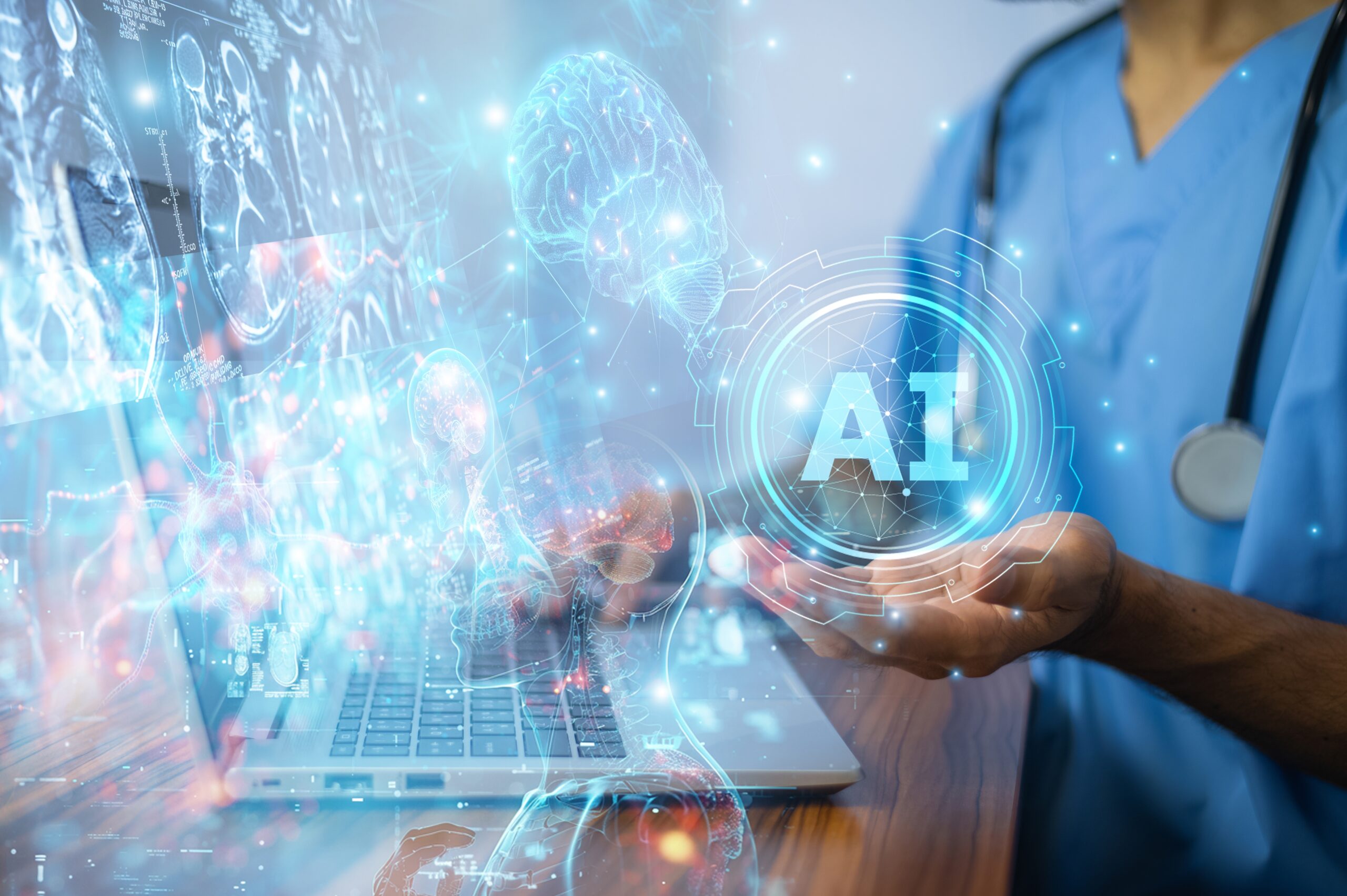
Misdiagnosis remains a significant challenge in healthcare, often leading to delayed treatments, unnecessary procedures, and worsened patient conditions. According to a BMJ Quality & Safety study, diagnostic errors affect approximately 12 million patients annually in the U.S. alone, contributing to avoidable complications and increased healthcare costs. Addressing these challenges requires the integration of Differential Diagnosis Tools, which assist healthcare providers in improving diagnostic accuracy and minimizing errors.
By leveraging AI-driven solutions, healthcare providers can enhance clinical decision-making and ensure patients receive appropriate, timely interventions. Medical Differential Diagnosis Tools are increasingly being adopted to support physicians in evaluating multiple potential conditions based on patient data, improving the overall diagnostic process.
How Differential Diagnosis Tools Assist Physicians in Accurate Decision-Making
Traditional diagnostic methods rely heavily on physicians’ experience and knowledge, leaving room for cognitive biases and human errors. Medical Differential Diagnosis Tools serve as a second layer of verification, providing clinicians with a comprehensive list of potential conditions based on patient symptoms, medical history, and test results.
A report from The Journal of the American Medical Association (JAMA) found that using AI-enhanced differential diagnosis tools improved diagnostic accuracy by 36%, particularly in complex cases. These tools analyze vast medical datasets, cross-referencing symptoms with evidence-based medical literature to support clinical decision-making. Physicians can review AI-generated insights alongside their expertise, ultimately improving patient safety.
How AI and Automation Are Improving Diagnosis Accuracy
Artificial intelligence plays a crucial role in modern diagnostic tools by analyzing extensive datasets in real-time. AI in treatment enables healthcare providers to detect rare conditions that might be overlooked in traditional diagnostic workflows. Machine learning algorithms enhance differential diagnosis tools by identifying patterns and correlations across thousands of medical cases.
A study published in The Lancet Digital Health found that AI-assisted diagnostic systems outperformed traditional clinical assessments in recognizing early-stage cancers, leading to a 29% reduction in misdiagnosed cases. This demonstrates how AI-powered tools complement physician expertise, allowing for more precise and efficient diagnosis.
Additionally, medical diagnosis APIs allow seamless integration of AI-driven differential diagnosis tools into existing healthcare IT systems. This connectivity ensures hospitals and clinics can leverage AI without disrupting their current workflows, streamlining patient assessments and enhancing care delivery.
Challenges and Limitations of Diagnostic Tools
Despite their advantages, diagnostic tools face several limitations:
- Data Bias and Accuracy – AI models require diverse datasets to avoid biases that could lead to inaccurate recommendations.
- Integration Challenges – Implementing AI-based diagnostic tools within existing healthcare infrastructure requires technical expertise and compliance with regulatory standards.
- Reliance on Physician Oversight – While AI enhances diagnostic accuracy, final medical decisions should always involve human judgment to ensure comprehensive care.
- Privacy and Security Concerns – Using medical diagnosis APIs raises data security issues that must be addressed to protect patient information.
The Need for Widespread Adoption to Enhance Patient Safety
Reducing diagnostic errors is essential to improving healthcare outcomes and preventing unnecessary complications. Differential Diagnosis Tools equipped with AI capabilities enhance physician decision-making, reducing misdiagnosis rates and optimizing patient care.
Integrating Medical Differential Diagnosis Tools and AI in treatment enables healthcare providers to assess symptoms more accurately and develop tailored treatment plans. As AI-driven medical diagnosis APIs continue to advance, widespread adoption of these tools will be crucial in creating a more efficient, data-driven healthcare system that prioritizes patient safety and accurate diagnosis. Treatment.com AI’s Differential Diagnosis Tool supports healthcare providers with AI-driven insights, enhancing diagnostic accuracy and improving patient outcomes.